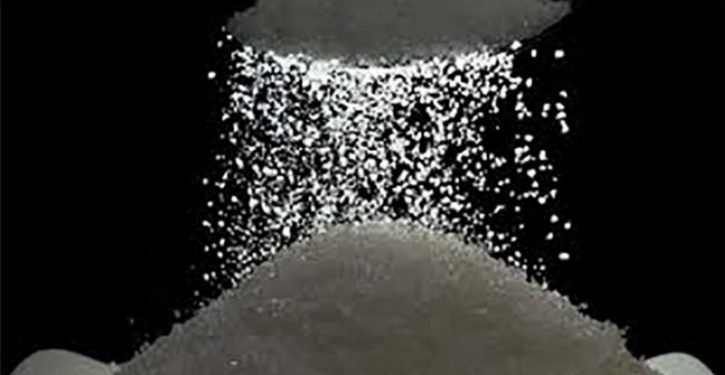What if you were told that your daily soft drink can increase your risk of leukemia? Indeed, it is the result of the longest study on aspartame as a carcinogen in humans.
What is Aspartame?
Aspartame is one of the most popular artificial sweeteners available on the market. It is widely used in so-called "light" products as a substitute for white sugar. The ingredients of aspartame are aspartic acid and phenylalanine. Both are natural amino acids. Aspartic acid is produced by your body, and phenylalanine is an essential amino acid that you get from food. However, phenylalanine was modified by the addition of a methyl group giving aspartame its sweet taste.
The most in-depth study on aspartame
This study was published in the American Journal of Clinical Nutrition, where researchers prospectively analyzed data from the Nurses' Health Study and 22-year follow-up of health professionals. A total of 47,810 men and 77,218 women were included in the analysis. Apart from the size of the study, making it superior to other previous studies is the rigor with which aspartame consumption was assessed.
Every two years, study participants received a detailed food questionnaire and were re-evaluated every four years. Previous studies that found no link between cancer and aspartame only performed an assessment of participants' aspartame consumption at a given time, which could be a major weakness affecting their accuracy.
A light soda a day increases the risk of leukemia, multiple myeloma and non-Hodgkin's lymphoma
The combined results of this new study showed that a light soda of 355ml per day leads to a:
- Risk of leukemia, commonly known as blood cancer, 42% higher in men and women.
- Risk of multiple myeloma, commonly known as bone marrow cancer, 102% higher in men only.
- Risk of non-Hodgkin lymphoma, a type of cancer of the lymphatic system, 31% higher in men only.
The researchers did not know why only men drinking higher amounts of soda showed an increased risk of multiple myeloma and non-Hodgkin's lymphoma.
It should be noted that soda is the largest food source of aspartame in the United States. Each year, Americans consume about 5,250 tonnes of aspartame, of which about 86% in so-called light soft drinks.
Confirmation of previous high quality research on animals
This new study shows the importance of the quality of research. Most previous studies showing no link between aspartame and cancer have been criticized for their very short and very imprecise durations for assessing long-term aspartame intake. This new study solves these two problems. The fact that it is also positively correlated with cancer should not be surprising, as previous research conducted in 2006 on 900 rats throughout their natural lifespan showed surprisingly similar results: aspartame significantly increased risk lymphoma and leukemia in males and females.
More worrisome is the follow-up of this mega-study, which carried out an exposure of rats to fetal stage aspartame. Increased risks of lymphoma and leukemia were confirmed, and this time, female rats also showed a significant increase in breast cancer rates.
The results of these studies are now more reasons than ever to completely avoid aspartame in our diet. For people who are tempted to resume consumption of regular sugary sodas as a healthier alternative, this study revealed a surprising surprise: men consuming one or more sugary sodas a day had a 66% increase in the risk of non-cancerous lymphomas. Hodgkins, which is worse than for sodas without sugars.
Feel free to share this article with your family and friends to warn them about the dangers of sodas and aspartame, these silent killers!


